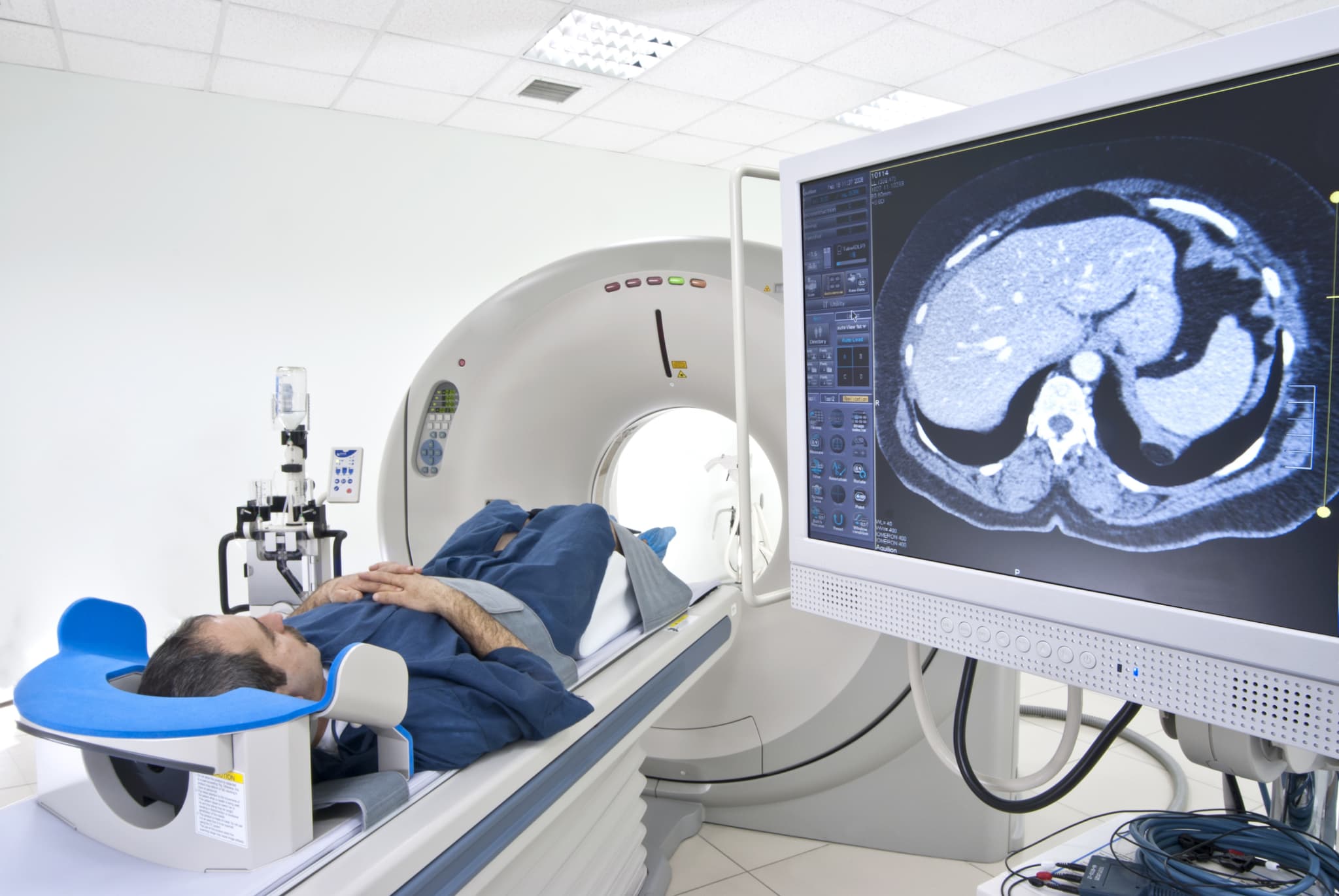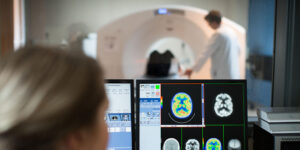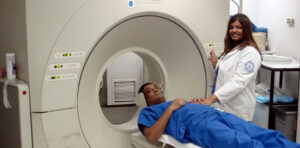Everything You Need to Know About the BS Imaging Sciences Program
If you’re considering a career in this dynamic and impactful field, a BS Imaging Sciences might be the perfect choice. The field of imaging sciences is becoming increasingly significant as technology advances and the demand for diagnostic imaging grows.
This article will guide you through everything you need to know about the BS Imaging Sciences program, including its fee structure, subjects, future demand, scope, eligibility criteria, admission process, salary prospects, and job opportunities, with a special mention of The University of Faisalabad (TUF).
What is BS Imaging Sciences?
BS Imaging Sciences is an undergraduate degree designed to provide students with the skills and knowledge needed to work with advanced imaging technologies.
This program focuses on teaching students how to operate, analyze, and interpret various imaging equipment used in medical diagnostics, such as X-rays, MRI, and CT scans. The course combines theoretical knowledge with practical experience to prepare students for a successful career in medical imaging.
Fee Structure
The fee structure for the BS Imaging Sciences program can vary depending on the institution. At The University of Faisalabad (TUF), the fees are designed to be competitive and accessible, reflecting the institution’s commitment to providing high-quality education.
Students should check the latest fee schedule on the university’s website or contact the admissions office for the most accurate and up-to-date information. Typically, fees include tuition, laboratory charges, and other incidental costs.
Subjects Covered
The BS Imaging Sciences program covers a wide range of subjects to ensure that students are well-prepared for the demands of the field. Key subjects include Anatomy and Physiology, Radiographic Imaging, Advanced Imaging Techniques, Medical Physics, and Radiation Safety.
Students will also engage in practical training through clinical placements, where they gain hands-on experience in real-world settings. The curriculum is designed to provide a comprehensive understanding of imaging technologies and their applications in healthcare.
Future Demand and Scope
The demand for imaging sciences professionals is expected to grow significantly as healthcare technology advances and the need for accurate diagnostics increases. The growing emphasis on early detection and preventive care drives the need for skilled imaging specialists who can operate advanced equipment and interpret results effectively.
This expanding demand creates numerous opportunities for graduates in various healthcare settings, including hospitals, diagnostic centers, and research institutions.
Eligibility Criteria
To enroll in a BS Imaging Sciences program, candidates typically need to meet certain eligibility criteria. Generally, students must have completed their Higher Secondary School Certificate (HSSC) or an equivalent qualification with a focus on science subjects, such as Biology, Chemistry, and Physics.
Additionally, some institutions may require a minimum grade point average (GPA) and successful completion of an entrance test or interview. It’s important to check specific requirements at The University of Faisalabad (TUF) or other institutions of interest.
Admission Process
The admission process for the BS Imaging Sciences program involves several steps. Prospective students need to submit their application forms along with academic transcripts and any required documentation.
The application process may also include an entrance exam or interview, depending on the institution’s requirements. At The University of Faisalabad (TUF), the admissions team provides guidance and support throughout the process to help students navigate the requirements and deadlines.
Salary and Job Opportunities
Graduates of the BS Imaging Sciences program can expect competitive salaries, with compensation varying based on experience, location, and job role. Entry-level positions may offer starting salaries that increase with experience and specialization.
Common job roles include Radiologic Technologist, MRI Technician, CT Scan Technologist, and Ultrasound Technician. Professionals in this field can work in hospitals, diagnostic imaging centers, clinics, and research facilities.
Conclusion
A BS in Imaging Sciences offers a promising path for those interested in combining technology with healthcare. With a comprehensive curriculum, practical training, and a growing demand for skilled professionals, this degree can open doors to a rewarding career.
The University of Faisalabad (TUF) provides a robust program that prepares students for success in this dynamic field. For more detailed information about the program, including fees and admission procedures, prospective students should visit the university’s website or contact the admissions office directly. Investing in a degree in Imaging Sciences is an investment in a future full of opportunities and impactful work. Read more here!





